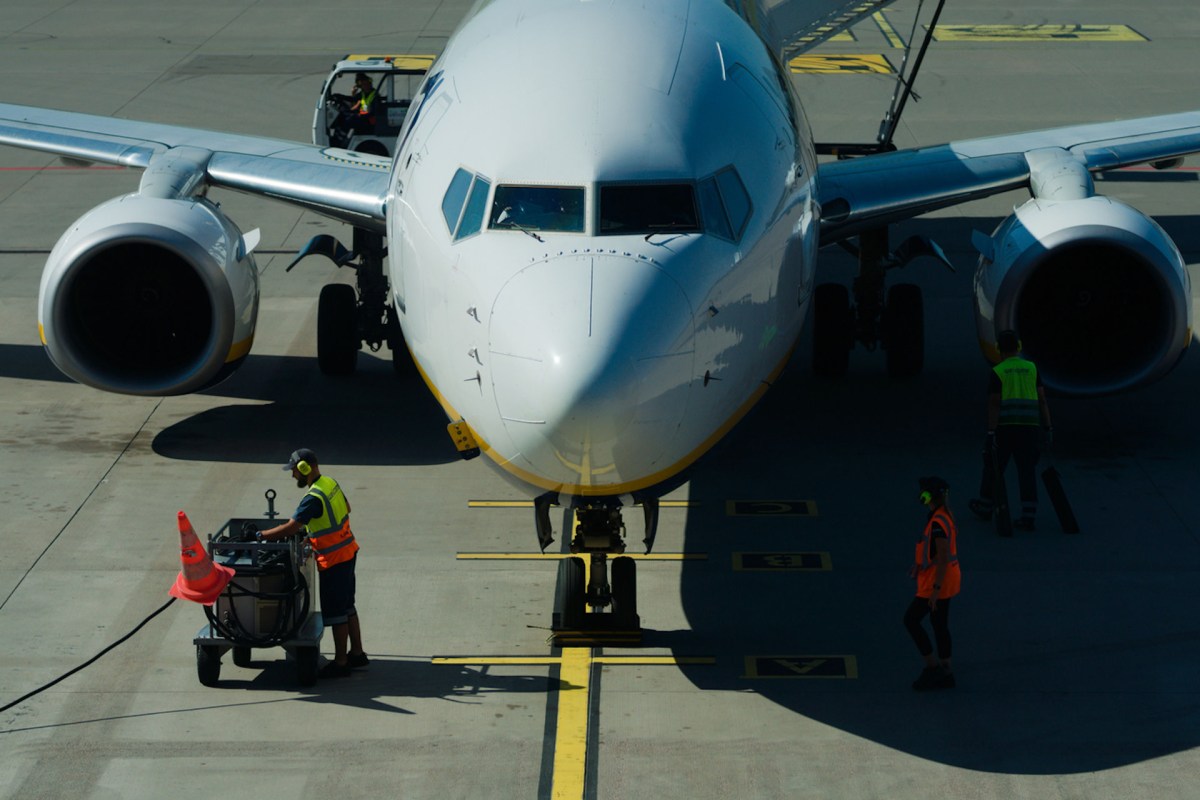During a blazing summer — including the hottest month ever recorded in a city in the United States — 11 workers at Phoenix Sky Harbor International Airport allege they worked in dangerous heat without appropriate support, The Washington Post reported.
What happened?
In July, Phoenix experienced an unprecedented heat wave, the Post explained. For 31 days in a row, the temperature was over 110 degrees Fahrenheit. Those conditions are more than enough to cause heat stroke — a dangerous reaction to heat and dehydration that can be deadly without immediate treatment.
During that period of intense heat, Linda Ressler and others were hard at work cleaning airplanes at Sky Harbor. Ressler was employed by Prospect International Airport Services Corp., which provides services inside the airport and on Delta, United, American, and other planes.
As Ressler told the Post, she was on the night shift cleaning planes. The late hour provided little relief from the heat, which approached 100 degrees. Over three nights, Ressler claimed that she began to experience headaches, nausea, and disorientation. The only reason she didn't call an ambulance was that she was afraid she couldn't afford it.
Ressler did go to the hospital but was later reprimanded for missing work.
"The heat is bad," she said. "And the company, they shrug their shoulders."
An unnamed flight attendant said a two-hour delay on the tarmac in 110-degree heat made the plane feel like a "rotisserie oven."
Ressler and 10 others complained in a letter to the Arizona Division of Occupational Safety and Health in August that was obtained by the Post.
"As a result of working in extreme heat, workers have experienced heat exhaustion with symptoms such as dizziness, lightheadedness, swaying/loss of coordination, irritability, dehydration, and fainting," it said. "Workers who have experienced pronounced episodes of heat illness have not received adequate medical attention on-site, and the employer has not facilitated treatment for all employee injuries at a medical facility in near proximity."
Why are these work conditions concerning?
As the world gets hotter, record-breaking heat waves are becoming more common. People worldwide are being exposed to high temperatures, which can affect physical and mental health.
Yet, as the Post reported, there are no federal regulations about working in extreme heat, and most states don't have their own laws about it either. Workers may find themselves with little or no protection in potentially life-threatening conditions.
What's being done to protect workers?
For now, ADOSH has opened an investigation into Prospect that is still ongoing, the Post reported. The Service Employees International Union has also begun organizing with Prospect workers.
The union's president, Mary Kay Henry, said in an interview in July that Occupational Safety and Health Administration regulations are needed for this situation. "When you speak to the workers, it's outrageous what employers are getting away with," she said.
Join our free newsletter for cool news and actionable info that makes it easy to help yourself while helping the planet.









